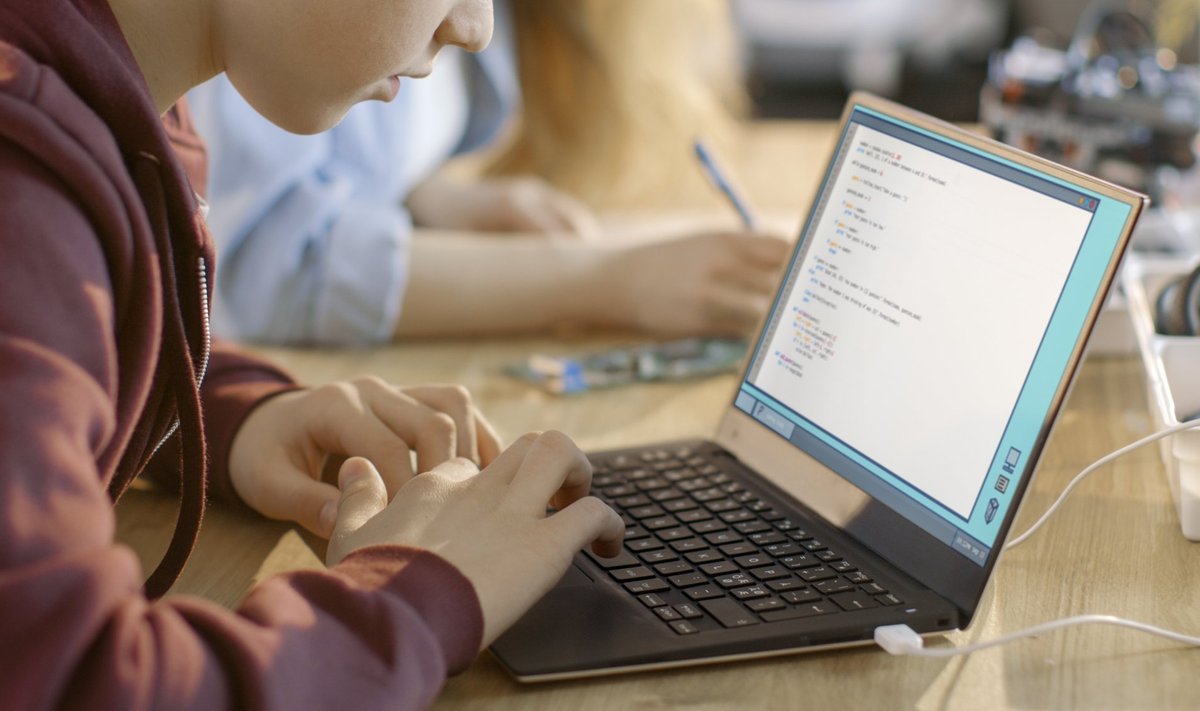Obviously the two are intrinsically connected, however, come from their own standpoints and have their own variations on a theme.
Approaches to learning
The development of skills such as thinking skills and communication skills is frequently identified as a crucial element in preparing students efficiently for life beyond school.
A survey conducted in 2007 of 400 hiring executives of major US companies identified their top four requirements of new recruits as being oral and written communication skills, critical-thinking and problem-solving skills, professionalism and work ethic, and teamwork and collaboration skills. (Trilling and Fadel 2009). It has also been the subject of numerous books such as ‘The Global Achievement Gap’ ( Wagner 2010). Yet some students struggle with some of the basic skills of effective learning. For example, good note-taking has been positively correlated with academic achievement, yet research suggests that many university students have difficulty even with the fundamental skill of making notes from lectures or texts.
Cognitive skills
Developing students’ approaches to learning is about more than simply developing their cognitive skills. It is also about developing affective and metacognitive skills, and about encouraging students to view learning as something that they ‘do for themselves in a pro-active way, rather than as a covert event that happens to them in reaction to teaching’
In IB schools, such as Erudito Lyceus in Kaunas and now Vilnius, developing DP students to become ‘self-regulated learners’ is part of the process.
Self-regulated learners have learned how to set learning goals, ask good questions, self-interrogate as they learn, generate motivation and perseverance, try out different learning processes, self-monitor the effectiveness of their learning, reflect on their achievement, and make changes to their learning processes where necessary.
Thinking skills
Developing thinking skills is a key feature to all of the above previously mentioned. In this approach, the teacher is seen as the facilitator who ‘guides the student, stimulating and provoking the student’s critical thinking and analysis throughout the learning process’. (Briner 199)
This is defined in terms of exercising initiative in applying thinking skills critically and creatively to recognize and approach complex problems, and make reasoned, ethical decisions.
The DP, for example, prides itself on providing opportunities for students to develop thinking skills and also an awareness of themselves as thinkers and learners, something that is most apparent in the important place given within the DP to the theory of knowledge (TOK) course.
Communication skills
As far as communication skills are concerned, again, those hiring employees, report oral and written communication skills as being the top of the list. Students in the final years of school-based education need to be very aware of this link.
Within DP schools such as Erudito Lycejus, good communication skills are not only needed for success in every subject, but also to help form and maintain good interpersonal relationships both with other students and with adults, whether they are teachers, parents or administrators. Good communication skills are also correlated with improved social efficiency, self-esteem and self-confidence.
Therein, all round an extremely important skill set to take on board and carry out into the world of universities and business.
